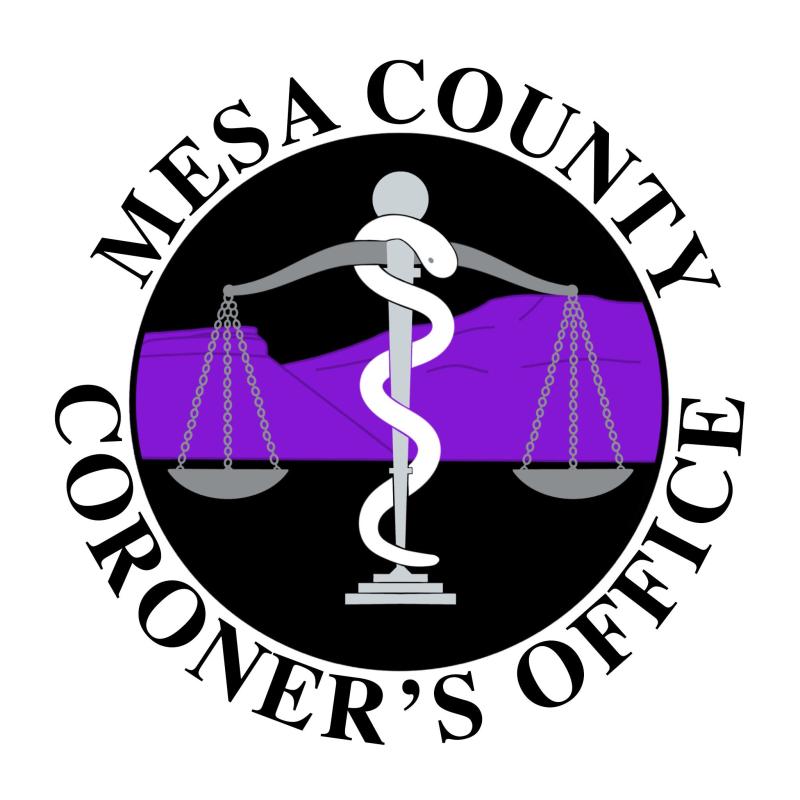About the Coroner's Office
Roles of our Office
The Mesa County Coroner’s Office is charged with investigating certain categories of deaths that could potentially be from violence among many others.
- Due to drugs or toxins
- Deaths that are sudden and unexpected
- Hospital deaths where the individual died less than 24 hours after admission to the hospital and in-custody deaths.
- Not all deaths in the county fall under the jurisdiction of the Mesa County Coroner’s Office.
- An older person who has a significant natural disease process and dies after an extended stay in a hospital would not be considered a case the Coroner’s Office would investigate.
- The Coroner’s Office acts independently from law enforcement and is it’s “own office” when they do their investigations.
- Office gains knowledge of each death through
- Scene investigation,
- Interviews with family and witnesses,
- Medical record review and
- Possibly autopsy examination.
Responsibilities of our Office
- The elected Coroner is expected to maintain a competent staff of medicolegal death investigators
- Person responsible for ensuring the death investigations follow national standards.
- The Coroner is essentially the case coordinator in the death investigation
- They ultimately determine the cause and manner of death and if an autopsy needs to be performed.
- Although it is assumed the Coroner should have some medical knowledge and many feel the Coroner should be a physician, this is not considered to be a requirement to be Mesa County Coroner.
- The Coroner’s Office is the entity that ultimately determines the cause and manner of death in the cases they have involvement.
- Responsibilities of the Coroner’s Office.
- Notifying the next of kin of their loved one’s death.
- Helping with the disposition the deceased individual.
- Signing the death certificate on many of the deaths they investigate.
- Determining the disposition of the body after the examination is complete.
- The Mesa County Coroner’s Office is responsible for the investigation of sudden, unexpected deaths that occur within Mesa County.
- Not all deaths in the county fall under the jurisdiction of the Coroner’s Office but some examples of those deaths that are investigated.
- Anyone that dies from a violent means.
- Death as a result of the use of a drug or toxin.
- Death due to complication of a medical procedure.
- Unexpected death at home.
- Death after being hospitalized for less than 24 hours.
- The Mesa County Coroner is the decision-maker in determining if an autopsy needs to be performed and also determining the cause and manner of death.
Services provided by our Office
- Ensuring the death certificates are signed appropriately for the deaths they investigate.
- Signing the death certificate themselves.
- Consulting with the decedent’s physician to assist them in the most logical way to sign the certificate.
- A certain level of medical knowledge is expected by the Mesa County Coroners’ Office
- when signing the certificates and
- when discussing the deaths with physicians, physician office staff and the families of the deceased.
- Each death investigated by the Coroner’s Office should have a report detailing the investigators findings and conclusions.
- Publishing annual reports, special suicide reports and drug-related death reports.
- Types of reports are important for statistical analyses, research and for public information use.
- The performance of autopsies is probably one of the most important aspects of any Coroner’s Office.
- It is the offices responsibility to ensure the autopsies are conducted in a quality manner and follow all the national standards with timely completion of autopsy results and autopsy reports.
- Autopsies are conducted locally in Mesa County.
- Using local Mesa County citizens as employees.
- Using local facilities for the performance of autopsies and laboratory studies.
- Using local board-certified pathologists.

